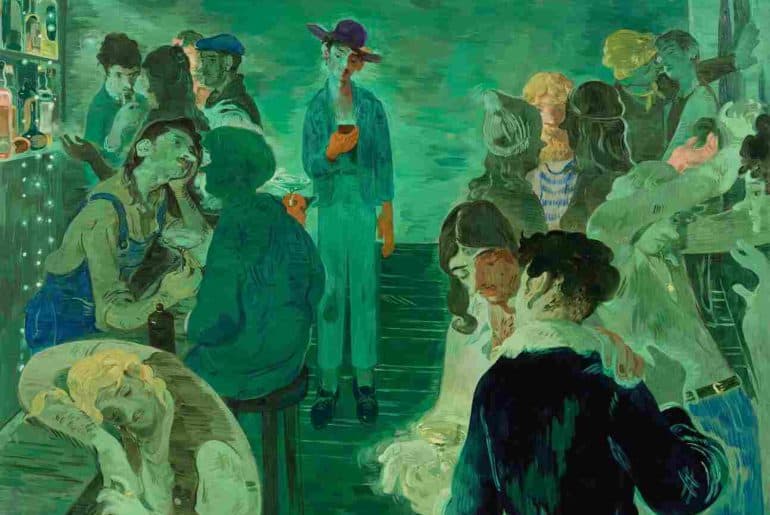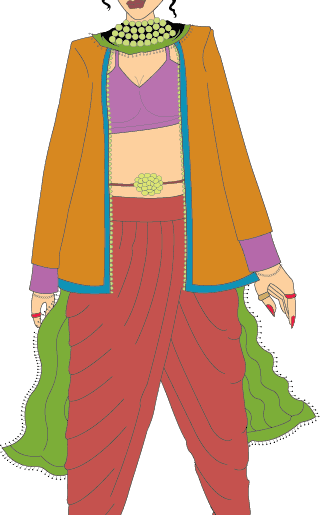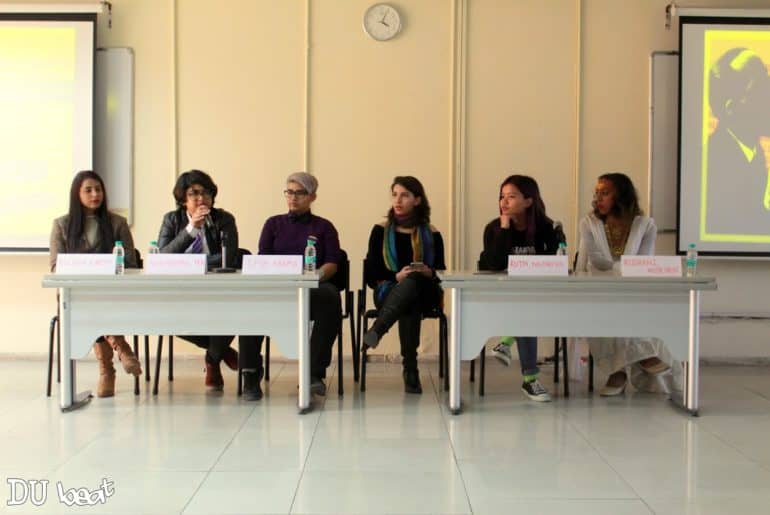Earlier this month, rumors surfaced on Twitter about Ali Sethi, one of South Asia’s most reputed musicians and the man who brought ghazal to contemporary times was said to have supposedly married Salman Toor, an American artist of Pakistani origin. While both have been highly praised for their work, it seems as though simply rumors of their union (which have been refuted by Sethi) spurned South Asian masses against the two artists, which brings into question of how we can continue our formation of new traditions, if we deny such cultural icons the opportunity to be themselves and therefore, fully realize the true capabilities of their art.
Toor is a famous Pakistani artist, credited for his depiction of male homosexuality and intimacy in his artworks, with his most famous exhibit being “No Ordinary Love.” The solo exhibition attempts to capture brown men in scenarios of comfort, where they have regained autonomy over their queer identities and can shape the narrative surrounding their sexuality, something which Toor was deprived of during his childhood back in Pakistan. His paintings also question the colonizers’ lens and point of view.
By creating private, deeply comfortable spaces, I hope to give dignity and safety to the boys in my paintings. Somehow, this also makes me feel safe and comfortable, solidifying my context in this culture as a queer man from a Muslim cultural background.” – Salman Toor in an interview with Design Pataki.
Sethi, on the other hand, is one of Pakistan’s only openly queer public figures and has been credited for reviving the ghazal and making it relevant in modern times. His most recent global sensation, Pasoori has also said to subliminally underline fluidity and redefinition of gender identity and the freedom to love who one’s heart desires. The song, which mixes Turkic and South Asian elements, poses a certain duality given the Punjabi lyrics but it can be said that it speaks of the perseverance of love in the face of adversity. Sethi’s use of Sufi motifs, which are notoriously and conveniently ambiguous, allow for the expression of homosexual love, something seen in Sethi’s previous works like Rung. The juxtaposition of traditional garb with bright eclectic colors all through the music video can also be indicative of a mixture of tradition and modernity.
One would think that the peoples’ love for these two artists would transcend such regressive beliefs but mere rumors for their marriage sparked conflict on social media. Accusations of violating Islamic beliefs, derogatory memes, and calls for boycotting Sethi’s performances by his fans ran rampant on Twitter.
This incident brings into question the place of art in our community, and how we look at personal expression and its intersection with identity. If we cannot accept the two of our most loved artists, who’ve entered our homes and hearts through their music and art, who’ve been sources of joy and entertainment, who’ve reinvented and preserved South Asian culture – then what is the purpose of our traditional values?
Read also – https://dubeat.com/2023/07/03/saffronisation-of-cultural-expression/
Image credits – luhringaugustine.com
Chaharika Uppal







